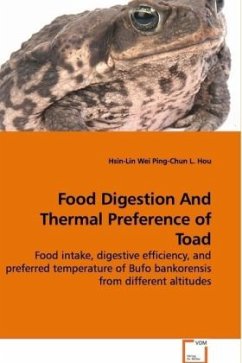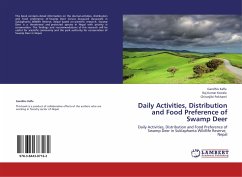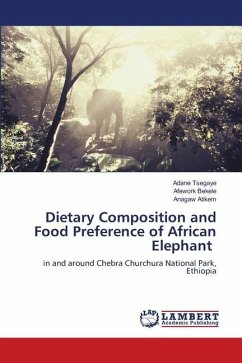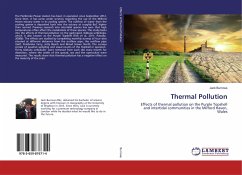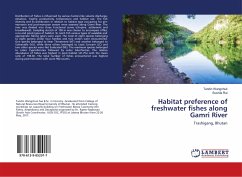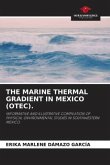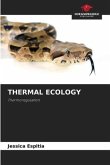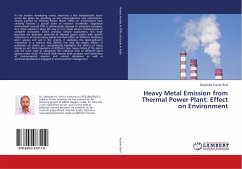Temperature is the most important factor affecting
the physiology performances of the ectotherms and
each physiological function has its optimal
temperature range. Many high-altitude ectotherms can
alter the optimal temperature ranges in order to
function better at the low temperature environments.
Food intake and digestion are the essential
processes for energy acquisition of organisms.
Preferred temperature (PT) is a compromised set
point for all physiological performances of an
organism. In some ectotherms, food intake,
digestion, and growth are maximized at PT. In this
book, the common toads (Bufo bankorensis), which
have wide altitudinal distribution in Taiwan, was a
model to (1)compare the optimal temperatures for
food intake and digestion in different altitudinal
populations (chapter 1); (2)compare the PTs of the
altitudinal populations (Chapter 2), and (3)
elucidate the relationship between PT and the
optimal temperatures for food intake and digestion.
This book should improve the understanding of
thermal biology and adaption of amphibian in
different environments.
the physiology performances of the ectotherms and
each physiological function has its optimal
temperature range. Many high-altitude ectotherms can
alter the optimal temperature ranges in order to
function better at the low temperature environments.
Food intake and digestion are the essential
processes for energy acquisition of organisms.
Preferred temperature (PT) is a compromised set
point for all physiological performances of an
organism. In some ectotherms, food intake,
digestion, and growth are maximized at PT. In this
book, the common toads (Bufo bankorensis), which
have wide altitudinal distribution in Taiwan, was a
model to (1)compare the optimal temperatures for
food intake and digestion in different altitudinal
populations (chapter 1); (2)compare the PTs of the
altitudinal populations (Chapter 2), and (3)
elucidate the relationship between PT and the
optimal temperatures for food intake and digestion.
This book should improve the understanding of
thermal biology and adaption of amphibian in
different environments.

